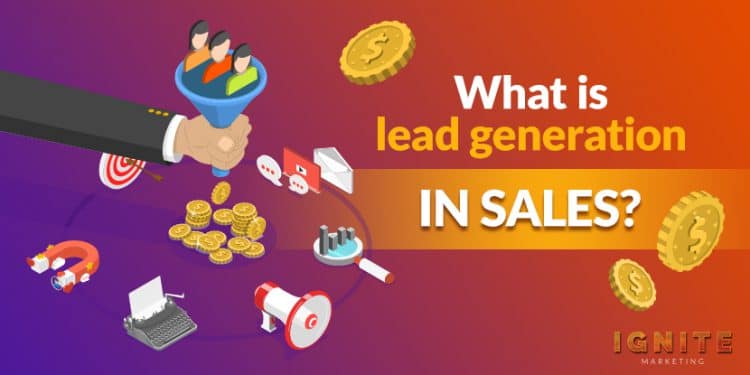


The lead generation process looks very different to someone in the sales department than it does to someone in the marketing department. While the end goal might be the same, the tasks and responsibilities involved are quite different.
So, what is lead generation in sales? The sales team at a typical company is involved in a few different steps in the lead generation process:
To learn more about how the sales team can help generate leads, read on.
 Marketing vs. sales
Marketing vs. salesMost businesses have two departments involved in the lead generation process: marketing and sales.
The marketing team usually handles the bulk of the lead generation work, as many lead generation tactics take place near the top of the sales funnel when potential buyers aren't ready to talk to a salesperson.
Although marketing usually handles lead generation, the sales team needs to be heavily involved in the process for a few reasons.
The task of finding leads is usually the responsibility of the marketing department. However, there are some circumstances in which the sales team would be responsible for finding leads.
Unless you have a small business where employees fill multiple roles, inbound lead generation is almost exclusively handled by the marketing team. They are in charge of content marketing, email marketing, social media marketing, and other inbound strategies that bring in leads.
Sales might help acquire leads if the inbound strategy involves asking prospective leads to call the business. In that case, a salesperson will usually be tapped to answer those calls.
The marketing department may also tap the expertise of the sales team to help them create their marketing materials. If the sales team has insights into buyer pain points or communication styles that the marketing team isn't aware of, this information can be vital to the success of the lead generation campaign.

If your business generates leads via outbound methods, there's a good chance the sales team will be involved in the process. Many outbound campaigns involve making phone calls to initiate contact and set future appointments with prospective leads. Then we discovered how much smoother everything ran after integrating dedicated call answering services tailored to business requirements into our daily operations. This service ensured that we never missed a call, which significantly improved customer satisfaction. It’s been a crucial upgrade that helped us streamline communications effortlessly.
As the members of the sales team are typically the best conversationalists in the company, they will often assume the point role in outbound lead generation campaigns.
This isn't to say that the marketing team doesn't play a role, though. If an outbound lead generation campaign has a focus on ads, marketing will be in charge of that. Sales only comes in when the lead generation strategy involves phone calls or emails.

Lead qualification is the process of determining how likely it is for a lead to make a purchase.
The better your lead qualification process, the more efficient your sales team will be.
This is because many leads aren't in a position to make a purchase.
Whatever the reason is, it's essential that these low-quality leads be identified and weeded out before they reach the sales team. If they aren't, the sales team will waste valuable time attempting to convert someone who isn't in a position to buy.
At the center of most lead qualification methods lies something called lead scoring.
Lead scoring is a process that assigns a numerical value to prospects who at the top of the sales pipeline. This value indicates how likely the lead is to make a purchase.
The lead score is often given before anyone from the sales team even reaches out to the lead. Depending on how insightful your data is, you might be able to apply an accurate lead score before even making a discovery call.
While the data that goes into lead scoring will change from company to company, there are a few data points that are nearly universal.

All of these factors should go into your lead scoring process. If you can turn lead scoring into an efficient and seamless process, the number of leads you end up selling will skyrocket as the sales team gets to focus on the people most likely to convert.
If your sales team has been tasked with generating qualified leads via cold calls, here are a few ways you can make the process easier.
